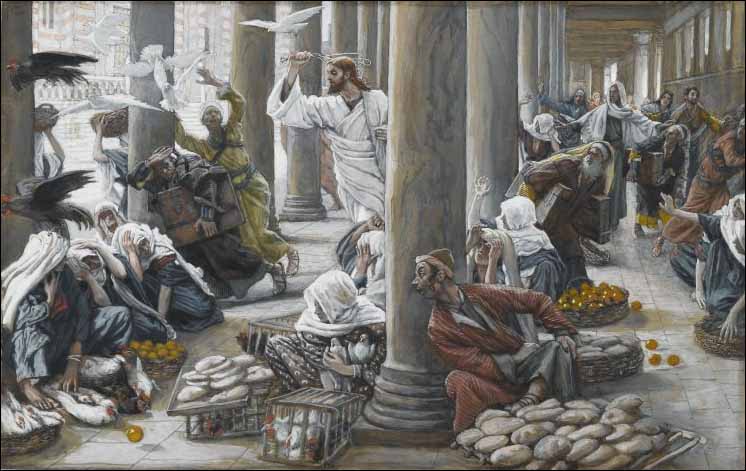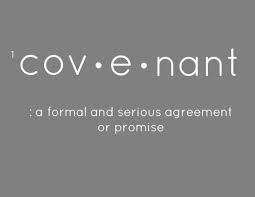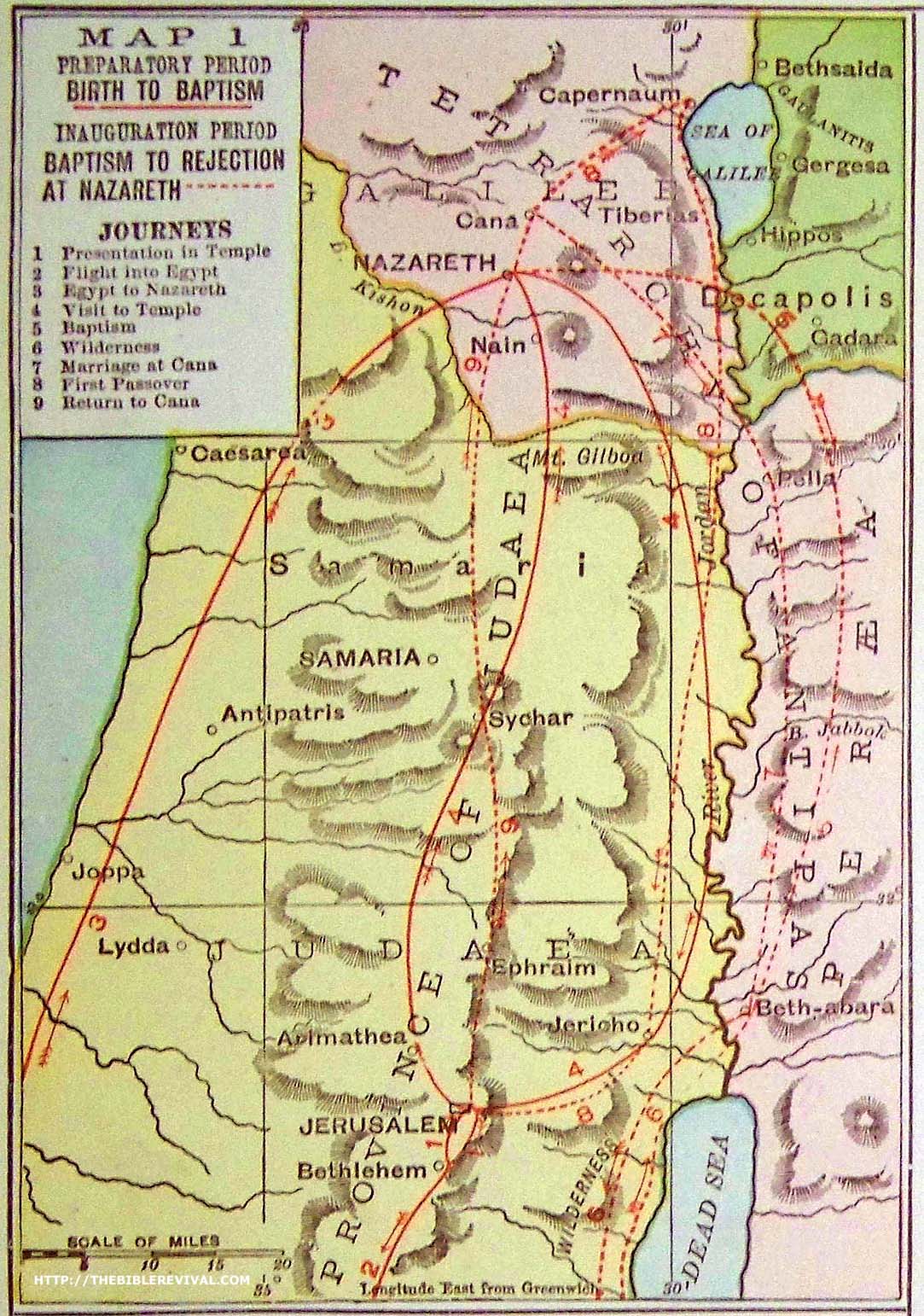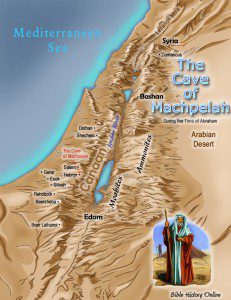Psalm 39:12 KJV
Hear my prayer, O LORD,
and give ear unto my cry;
hold not thy peace at my tears:
for I am a stranger with thee,
and a sojourner,
as all my fathers were.
I have just moved, again: this time just across town near to my church family still, near to my wife and son, nearer to my temporary workplace and, I pray as in the words of the old hymn, Nearer My God to Thee.
As we have been traveling with Jesus in the early days of His three-year earthly ministry as witnessed through the Gospel of Luke, Jesus has already taught the multitudes, enraged many local religious authorities and worked many miracles as evidence of His authority from God our Father in Heaven. Jesus has reported to John the Baptist evidence and confirmed to the multitudes and disciples that John is the greatest of all Prophets; for he has announced the earthly Presence of God the Son, Christ Jesus, Son of Man.
We have also noted that Jesus of Nazareth left home under inauspicious circumstances, moved to Capernaum and continued to teach in many towns in many places and also on many deserted hillsides and seashores.
For the three years of His earthly ministry Jesus truly had no home on earth. The Son of Man was a sojourner.
Today we leave our consideration of Jesus’ early travels and the Gospel of Luke for a time. Tomorrow, 5 May in the year of our Lord 2014, we will commemorate Ash Wednesday, the traditional beginning of Lent and 40 days of preparation for Easter. As we pause our look at Jesus’ thousand days before His final earthly trip to Jerusalem and the Cross, consider our connection to Christ’s place with no hometown here: as sojourners.
I had asked yesterday, “How much do we owe God?” Perhaps you will recognize some of the following Old Testament scripture from a blessing of the offering at church; but note the sojourner here.
1 Chronicles 29: 14 “But who am I, and what is my people, that we should be able thus to offer willingly?
For all things come from you, and of your own have we given you. 15 For we are strangers before you and sojourners, as all our fathers were. Our days on the earth are like a shadow, and there is no abiding.
These are the words of David in presenting an offering to the Lord at the public installation of Solomon as King at the Temple of the Lord.
David lived much of his life (even as the anointed King) as a sojourner, fleeing Saul, fleeing Philistines and other enemies, even in a sense fleeing his own son, Absalom. Yet David knew he could never flee from God. When he sinned, he would always repent an seek God’s own heart.

David’s home was not his palace. David’s heart longed to dwell in the pastures of our God and the House of our Great Shepherd.
Jesus, Son of David, was also a sojourner. He knew every minute and every day of His incarnate life that the Cross of Sacrifice awaited Him on an appointed day in Jerusalem. Sojourners Jesus and David also knew our true home – a heavenly home of our loving God and Father -is being prepared for our return from this earthly pilgrimage.
You may recall that Israel was God’s new name for Jacob. Jacob was also a sojourner.
Genesis 27:41 Now Esau hated Jacob because of the blessing with which his father had blessed him, and Esau said to himself, “The days of mourning for my father are approaching; then I will kill my brother Jacob.” 42 But the words of Esau her older son were told to Rebekah. So she sent and called Jacob her younger son and said to him, “Behold, your brother Esau comforts himself about you by planning to kill you. 43 Now therefore, my son, obey my voice. Arise, flee…
Jacob’s Dream
10 Jacob left Beersheba and went toward Haran. 11 And he came to a certain place and stayed there that night, because the sun had set. Taking one of the stones of the place, he put it under his head and lay down in that place to sleep. 12 And he dreamed, and behold, there was a ladder set up on the earth, and the top of it reached to heaven. And behold, the angels of God were ascending and descending on it! 13 And behold, the Lord stood above it and said, “I am the Lord, the God of Abraham your father and the God of Isaac.”
“The land on which you lie I will give to you and to your offspring. 14 Your offspring shall be like the dust of the earth, and you shall spread abroad to the west and to the east and to the north and to the south, and in you and your offspring shall all the families of the earth be blessed. 15 Behold, I am with you and will keep you wherever you go, and will bring you back to this land. For I will not leave you until I have done what I have promised you.”
16 Then Jacob awoke from his sleep and said, “Surely the Lord is in this place, and I did not know it.” 17 And he was afraid and said, “How awesome is this place! This is none other than the house of God, and this is the gate of heaven.”
18 So early in the morning Jacob took the stone that he had put under his head and set it up for a pillar and poured oil on the top of it. 19 He called the name of that place Bethel, [House of God] but the name of the city was Luz at the first.
20 Then Jacob made a vow, saying, “If God will be with me and will keep me in this way that I go, and will give me bread to eat and clothing to wear,21 so that I come again to my father’s house in peace, then the Lord shall be my God, 22 and this stone, which I have set up for a pillar, shall be God’s house.
And of all that you give me I will give a full tenth to you.”
Again, the sojourner Jacob makes an offering to God.
The House of El Shaddai, God Almighty, is not in a place on this earth, but a place that is in Heaven.
An even earlier mention of the sojourner:
 Genesis 23:3 And Abraham rose up from before his dead and said to the Hittites, 4 “I am a sojourner and foreigner among you; give me property among you for a burying place, that I may bury my dead out of my sight.”
Genesis 23:3 And Abraham rose up from before his dead and said to the Hittites, 4 “I am a sojourner and foreigner among you; give me property among you for a burying place, that I may bury my dead out of my sight.”
Commentary: Abraham stood up, &c.–Eastern people are always provided with family burying-places; but Abraham’s life of faith–his pilgrim state–had prevented him acquiring even so small a possession ( Act 7:5 ).
(Much more could be said of this place (Machpelah) and of Jacob and Esau, dreams of Israel and dreams and of prophets. Though the time draws near, this is not yet the time for God’s revelation of the false prophet.)
Jesus was much more than just a Prophet. Jesus was much more than just a miracle worker. Jesus was much more than a great Teacher.
If Jesus is NOT a liar, as is Satan and are false prophets, we must hear what our Lord, this sojourner on this earth has said – all of it, including: “Before Abraham was, I AM.”
Jesus was worshiped by Abraham and David. Jesus was worshiped by prostitutes and tax collectors.
Jesus IS and Jesus is worshiped by disciples and followers – sojourners and pilgrims in this temporal place, residing in failing flesh seeking the miracle of His breath of cleansing Life.
A pilgrim in the world; a sojourner in the land
Stranger and Sojourner (In the Old Testament):
stranj’-er:
Four different Hebrew words must be considered separately:
(1) ger, the American Standard Revised Version “sojourner” or “stranger”;
(2) toshabh, the American Standard Revised Version “sojourner”;
(3) nokhri, ben nekhar, the American Standard Revised Version “foreigner”;
(4) zar, the American Standard Revised Version “stranger.”
I. THE GER
This word with its kindred verb is applied with slightly varying meanings to anyone who resides in a country or a town of which he is not a full native land-owning citizen; e.g., the word is used of the patriarchs in Palestine, the Israelites in Egypt, the Levites dwelling among the Israelites (De 18:6; Jud 17:7, etc.), the Ephraimite in Gibeah (Jud 19:16). It is also particularly used of free aliens residing among the Israelites, and it is with the position of such that this article deals. This position is absolutely unparalleled in early legal systems (A. H. Post, Grundriss der ethnologischen Jurisprudenz, I, 448, note 3), which are usually far from favorable to strangers.
It is the following ‘legal’ principle to which we refer as ‘the golden rule’ and to which Jesus pointed out to the Pharisee Simon, in whose home He dined while the sinful woman anointed His feet with oil:
1. Legal Provisions:
(1) Principles.
The dominant principles of the legislation are most succinctly given in two passages:
He “loveth the ger in giving him food and raiment” (De 10:18); “And if a ger sojourn with thee (variant “you”) in your land, ye shall not do him wrong.
The ger that sojourneth with you shall be unto you as the home-born among you, and thou shalt love him as thyself; for ye were gerim in the land of Egypt” (Le 19:33 f).
This treatment of the stranger is based partly on historic recollection, partly on the duty of the Israelite to his God. Because the ger would be at a natural disadvantage through his alienage, he becomes one of the favorites of a legislation that gives special protection to the weak and helpless.
Jesus Sends Out the Twelve Apostles
9 And he called the twelve together and gave them power and authority over all demons and to cure diseases, 2 and he sent them out to proclaim the kingdom of God and to heal. 3 And he said to them, “Take nothing for your journey, no staff, nor bag, nor bread, nor money; and do not have two tunics.
4 And whatever house you enter, stay there, and from there depart. 5 And wherever they do not receive you, when you leave that town shake off the dust from your feet as a testimonyagainst them.” 6 And they departed and went through the villages, preaching the gospel and healing everywhere.
The Cost of Following Jesus
57 As they were going along the road, someone said to him, “I will follow you wherever you go.”
58 And Jesus said to him,“Foxes have holes, and birds of the air have nests, but the Son of Man has nowhere to lay his head.”
59 To another he said,“Follow me.”
But he said, “Lord, let me first go and bury my father.” 60 And Jesus said to him, “Leave the dead to bury their own dead. But as for you, go and proclaim the kingdom of God.”
61 Yet another said, “I will follow you, Lord, but let me first say farewell to those at my home.” 62 Jesus said to him, “No one who puts his hand to the plow and looks back is fit for the kingdom of God.”
“Follow me,” says the Lord, Christ Jesus. He IS a sojourner, yet more, He IS with you.
Our Heavenly Dwelling
5 For we know that if the tent that is our earthly home is destroyed, we have a building from God, a house not made with hands, eternal in the heavens. 2 For in this tent we groan, longing to put on our heavenly dwelling, 3 if indeed by putting it on we may not be found naked. 4 For while we are still in this tent, we groan, being burdened—not that we would be unclothed, but that we would be further clothed, so that what is mortal may be swallowed up by life. 5 He who has prepared us for this very thing is God, who has given us the Spirit as a guarantee.
6 So we are always of good courage. We know that while we are at home in the body we are away from the Lord, 7 for we walk by faith, not by sight. 8 Yes, we are of good courage, and we would rather be away from the body and at home with the Lord. 9 So whether we are at home or away, we make it our aim to please him.
10 For we must all appear before the judgment seat of Christ, so that each one may receive what is due for what he has done in the body, whether good or evil.
The Ministry of Reconciliation
11 Therefore, knowing the fear of the Lord, we persuade others…
14 For the love of Christ controls us, because we have concluded this: that one has died for all, therefore all have died; 15 and he died for all, that those who live might no longer live for themselves but for him who for their sake died and was raised.
20 Therefore, we are ambassadors for Christ, God making his appeal through us. We implore you on behalf of Christ, be reconciled to God. 21 For our sake he made him to be sin who knew no sin, so that in him we might become the righteousness of God.






